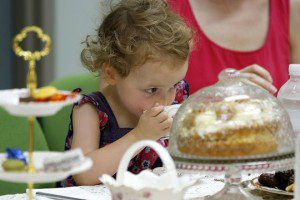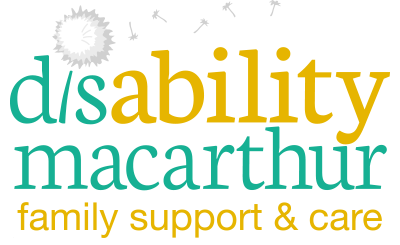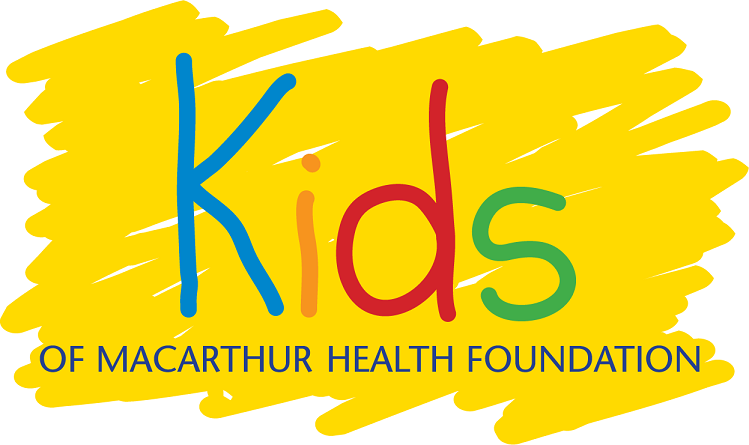
Local parents were treated to high tea after a spot of exercise recently to mark Postnatal Depression Awareness Week.
Karitane at Camden Hospital held a pram walk, followed by a high tea, to treat parents and caregivers and thank them for the work they do each day.
Karitane clinical psychologist Mary Ha said the pram walk and high tea gave parents and care givers some time to reflect, share, network, form new relationships and importantly – to get some exercise to increase endorphins.
“Coping with a new baby can be extremely overwhelming. You may feel you are expected to become a super mum, look after your baby and run a perfect household. But it is more important that you take the time to recover,” she said.
“Make sure you take some time for yourself, try to eat well, have realistic expectations and above all, get help if you feel you aren’t coping,” Ms Ha said.
Ms Ha said postnatal depression should not be confused with the ‘baby blues’, which usually passed within a few days.
“Parents experience a range of emotions after the birth of a child. The baby blues are very common and can cause parents to feel teary, moody, overwhelmed and overly sensitive.
“However, if these feelings aren’t going away, they may be a sign of something more serious, like depression or anxiety, and parents should talk to someone,” she said.
 Up to one in 10 women in Australia experienced depression during pregnancy and one in seven after birth.
Up to one in 10 women in Australia experienced depression during pregnancy and one in seven after birth.
But postnatal depression can also affect fathers, with one in 20 new dads diagnosed with postnatal depression in Australia. Anxiety disorders are also common and can occur alone or with depression.
Depression involves a range of symptoms, and may include some of the following. If these symptoms last for more than two weeks, or are interfering with your ability to function, seek help.
Low mood – sadness, teariness;
Irritability, angry outbursts, anxiousness;
Changes in sleep and/ or appetite;
Feeling tired, having low energy;
Feeling uninterested and unmotivated;
Feeling guilty.
The aim of Postnatal Depression Awareness Week is to promote awareness of mental health and wellbeing in the antenatal and postnatal periods and encourage new and expectant parents to seek help early and break down some of the stigma surrounding this common health issue.
Karitane provides treatment for mothers and families who are affected by perinatal mood disorders. For more information about perinatal mental health, visit www.mybabyandme.org.au or call 1300 227 464.



